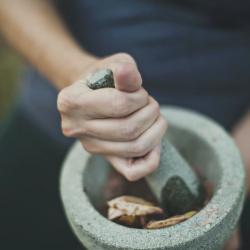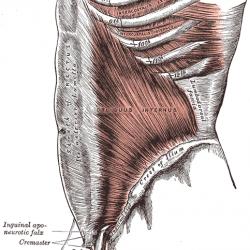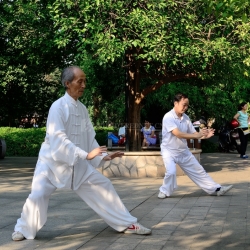What exactly happens in drug rehab? A day in the life…
Drugs affect so many people’s lives up and down the country. In the UK, it’s believed that one in five people aged between 16 and 24 use drugs, while the cost of living crisis and opioid epidemic across the world is only furthering that at present.
Help is undoubtedly needed for those that are suffering, yet not enough people are reaching out to get that support.
Drug rehab is a must for those struggling, with a 12-week programme often being life changing. Many do not seek that help due to the impression it’s unaffordable, but you’ll find many centres these days do offer an affordable drug residential rehab cost to suit all circumstances.
For those that are struggling, it’s important to know what treatment looks like, and while it is tailored to suit the needs of each individual, there are some common day-to-day activities that you’ll find becomes part of a routine, not just during treatment but in recovery too.
The morning routine
The day will typically start with a relatively early rise and a healthy breakfast. It’s important to get the day started on the right footing, with breakfast followed by meditation or mindfulness exercises in order to be as focused and clear-minded as possible for the day ahead.
Morning usually involves individual counselling, in which a professional will work one-to-one to address any issues that may have led to addiction and any trigger points that could lead to the abuse of substances.
By identifying these causes, therapy can then help develop strategies and coping skills to deal with such problems in a more constructive and healthy manner.
Lunch and into afternoon
The first break of the day involves a healthy lunch, allowing you to reset and reenergise for what are often group sessions during the afternoons. These can vary and will depend on what’s been identified as the best way to work through your addiction and the best ways to cope.
For some, it could be yoga, while there are so many types of therapy these days from art therapy to equine therapy. You’ll be in classes with others and develop bonds which can produce tight support networks that can often remain with you for a lifetime.
Afternoons may also involve educational workshops, where you can learn more about addiction, recovery as well as life skills that will aid you when moving into recovery and the real world.
You’ll learn things like relapse prevention, common trigger points, and much more.
Exercise is also common during afternoons, often rotated with such workshops. Professionals in the space are keen to promote a healthy lifestyle, with physical activity boosting mood, mental clarity and focus, as well as releasing stress. Alongside this, you’ll also boost your own physical health, which can improve confidence and self-esteem.
Moving into the evening
Naturally, evening begins with your evening meal. Those three meals per day will become a key part of the daily routine and patients are encouraged to follow these into recovery, providing structure.
Structure is vitally important in recovery, not just mealtimes but daily exercises too, as they set you up for your day, and all the challenges that come with it.
Evenings finish with a period of reflection, often in a group environment. It allows people the chance to discuss their problems as well as set goals and seek support.
Finally, it’s time for rest. Sleep is so important in recovery, and again it forms part of that structure in your life. A good night’s sleep brings emotional clarity and will keep you fully energised for the next day of treatment and recovery.
For anyone that is struggling with drug addiction, treatment really is lifechanging, and while going through that process isn’t easy, it will transform relationships, careers, health, and ultimately make your day-to-day a much happier place to be.
More to Read:
Previous Posts:







